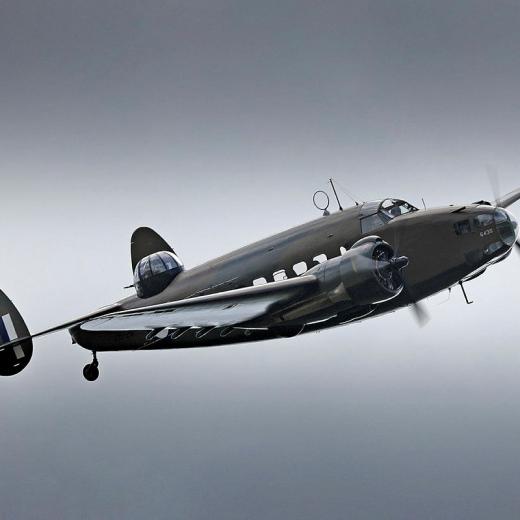BLUF
"Blood and Ruins: The Last Imperial War, 1931-1945" examines World War II as a global conflict driven by imperial ambitions.- Overy highlights the Japanese invasion of Manchuria in 1931 as the starting point of the war, challenging the conventional belief that World War II began with the German invasion of Poland in 1939.
- The book highlights how Britain and France resisted the ambitions of Germany, Italy, and Japan.
- According to Overy, decisions made in Paris and London, rather than Berlin, played a role in starting the war.
- The war against Poland is portrayed as the culmination of a movement to establish new empires.
- The book examines the oppression, forced labour, and famine inflicted by both sides.
- It also discusses internal struggles within the British Empire and racial discrimination in the United States during the war.
- Overy argues that the Allies fought to protect their empires more than to promote democracy.
- The contributions of non-European conscripts and women during the war are emphasized.
- Important battles such as El Alamein, Guadalcanal, and Stalingrad are identified as key factors in the Axis defeat.
- Overy suggests that World War II resulted from factors like fascism, the Great Depression, and the decline of European empires.
- The book examines the devastating impact on civilians and the surrender of the Axis powers in 1945.
- It explores the collapse of European empires and the rise of the United States and the Soviet Union as superpowers.
- Overy discusses the challenges faced by Britain and France in maintaining their imperial systems, contrasting with the U.S.'s support for decolonization.
- The period from 1931-1945 represents ongoing territorial ambitions rather than the end of imperial warfare.
- The book differentiates between "imperial wars" and "systemic wars," focusing on strategic competition.
- Imperial conflicts focus on competition for territories and resources between nations, while systemic conflicts revolve around strategic competition and the balance of power among major players.
- World War II is seen as both a systemic and imperial conflict.
- Modern conflicts, like Ukraine, involve both systemic and imperial aspects.
- Russia's actions in Ukraine aim to exert control and influence over the region.
- The 2022 invasion of Ukraine by Putin's forces aimed to gain regional control.
- "Blood and Ruins" provides important context for understanding conflicts, highlighting the challenges of state actions and the ethical dilemmas of peacekeeping.
References
Book Reviews of "Blood and Ruins":
- Blood and Ruins: The Last Imperial War, 1931-1945 | Washington Independent Review of Books
- BLOOD AND RUINS | Kirkus Reviews
- Book Review: ‘Blood and Ruins,’ by Richard Overy - The New York Times (nytimes.com)
- Book review: Imperialism has not been buried amidst the ‘blood and ruins’ of World War II (irishexaminer.com)
- Blood and Ruins: The Last Imperial War, 1931-1945 by Richard Overy | LibraryThing
- Book Marks reviews of Blood and Ruins: The Last Imperial War, 1931-1945 by Richard Overy Book Marks





